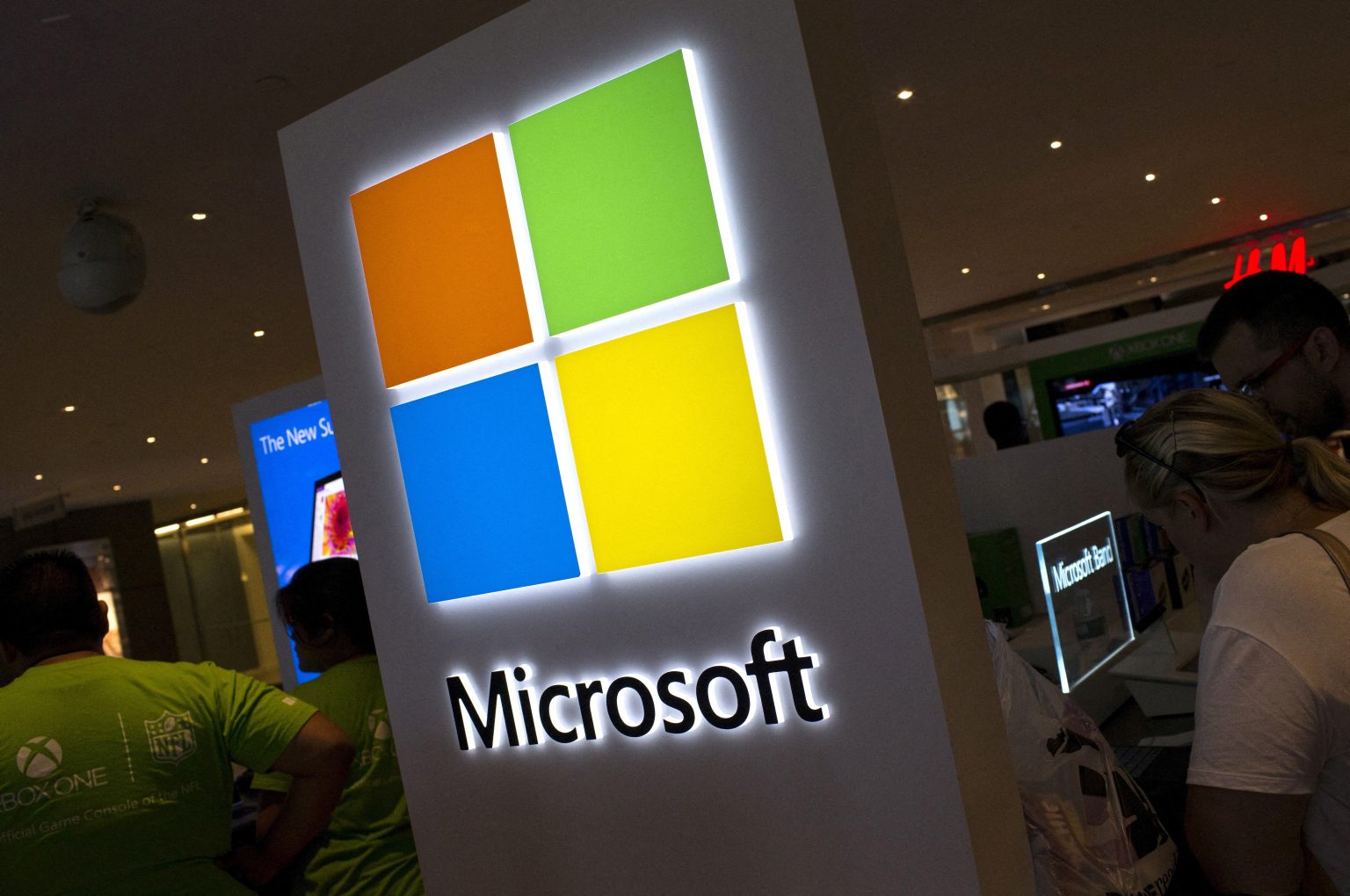In a significant shift for the mobile gaming landscape, Microsoft announced on October 10, 2024, that it will enable users to purchase and play video games directly through its Xbox app on Android devices starting in November. This decision comes in the wake of a recent U.S. court ruling that mandates Google to introduce alternatives to its Google Play app store, which has been the dominant platform for app distribution on Android devices.
Background of the Ruling
The ruling stems from a prolonged legal battle between Google and Epic Games, the company behind the immensely popular game Fortnite. Epic Games challenged Google’s practices, claiming that the tech giant’s control over app distribution was anti-competitive. The court found in favor of Epic, leading to the current requirement for Google to provide users with more choices regarding app stores. Although Google has expressed its intention to appeal the decision, it must comply with the ruling in the interim.
Microsoft’s Strategic Move
Phil Spencer, the CEO of Microsoft Gaming, has long emphasized the importance of mobile gaming for the future of Xbox. With the company’s latest announcement, it is clear that Microsoft is positioning itself to capitalize on this newly opened market. Sarah Bond, president of Xbox gaming, highlighted in a post on social media that the ruling provides more options and flexibility for users, marking a substantial change in the way games can be distributed on mobile platforms.
This move not only reflects Microsoft’s commitment to expanding its presence in the mobile gaming sector but also indicates a strategic pivot to enhance user engagement across various platforms. By allowing users to buy Xbox games directly from the app, Microsoft can eliminate the commission that would normally be paid to Google for in-app purchases, potentially increasing its revenue from mobile gaming.
Implications for Gamers and Developers
The implications of this development are profound for both gamers and game developers. For gamers, the ability to purchase games directly through the Xbox app simplifies the process and may offer more competitive pricing. Currently, users are limited to downloading games on their Xbox consoles or streaming through the Xbox Cloud Gaming service available via a separate app. The integration of purchasing options directly into the Xbox app could create a more seamless user experience.
For developers, especially those not tied to major publishers like Electronic Arts or Take-Two Interactive, this new model presents opportunities to reach a wider audience without the constraints of existing app store policies. Smaller developers could potentially see a more direct path to monetization, enhancing innovation and diversity in the gaming market.
The Broader Context of Mobile Gaming
Mobile gaming has grown exponentially over the past decade, becoming a cornerstone of the overall gaming industry. Despite this growth, major players like Microsoft have struggled to establish a dominant foothold in the mobile space compared to competitors such as Google and Meta Platforms. Spencer acknowledged this challenge during a court hearing regarding Microsoft’s acquisition of Activision Blizzard, which was completed in October 2023 for $75.4 billion. He emphasized the need to attract mobile customers to ensure the Xbox brand’s relevance in an evolving market.
As part of its strategy, Microsoft has been investing heavily in cloud gaming technologies and partnerships. The integration of gaming capabilities into mobile devices is crucial for appealing to the growing base of mobile gamers. The company’s recent announcement aligns with its broader vision to diversify its gaming portfolio and reach audiences beyond traditional console players.
Future Outlook: iOS and Beyond
While Microsoft’s announcement pertains specifically to Android, questions remain regarding its plans for Apple’s iOS devices. Currently, Apple maintains strict control over its App Store, and a similar ruling has not yet been made for iOS. However, the U.S. Justice Department has initiated an antitrust case against Apple, challenging its monopolistic practices. Should the outcome of this case lead to changes in how apps are distributed on iOS, Microsoft may find new opportunities to expand its offerings across platforms.
For now, Xbox Game Pass Ultimate subscribers can stream games via web browsers on iOS devices, but this does not provide the same purchasing options as the forthcoming Android app update. The potential for future changes in Apple’s policies could open doors for Microsoft and other developers, allowing them to create a more unified gaming experience across both major mobile operating systems.
Conclusion
Microsoft’s move to enable game purchases through its Xbox app on Android marks a pivotal moment in the mobile gaming sector, particularly in the context of increasing scrutiny over app store practices. As the gaming industry continues to evolve, this decision signals Microsoft’s commitment to adapting to market changes and enhancing user experiences.
The broader implications for gamers, developers, and the competitive landscape of mobile gaming are yet to unfold, but the potential for greater flexibility and choice is a promising development. As Microsoft and other companies navigate this changing environment, the focus will likely remain on innovation, user engagement, and the exploration of new revenue models that could redefine the gaming experience for millions of players worldwide.

